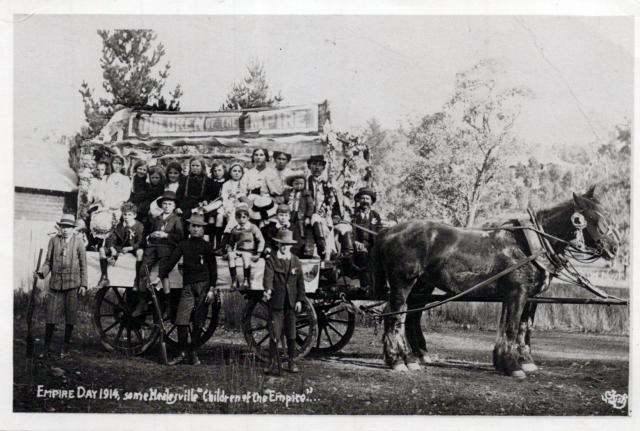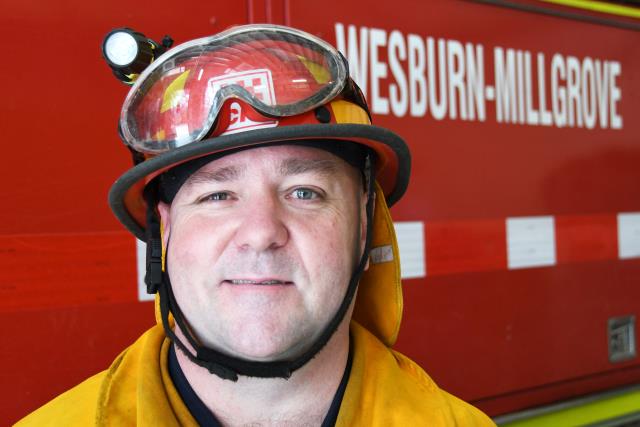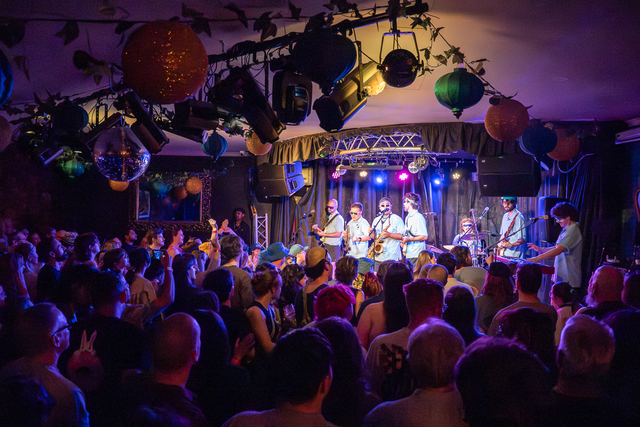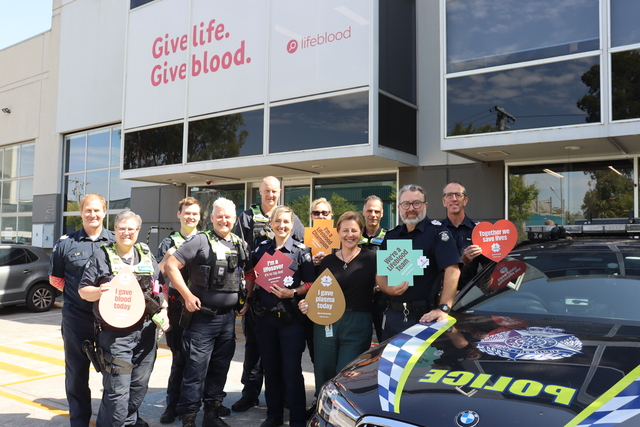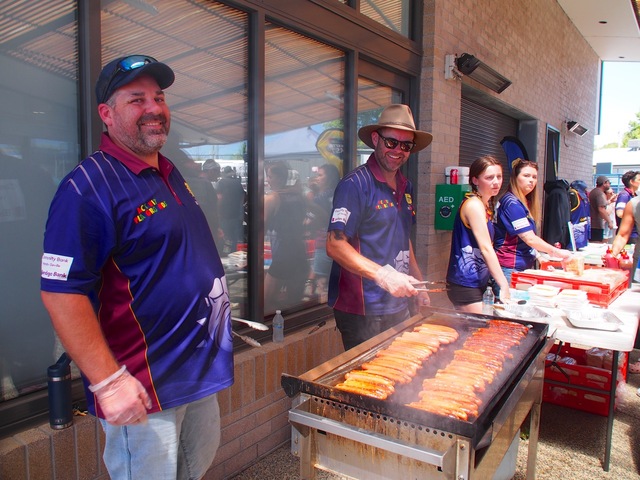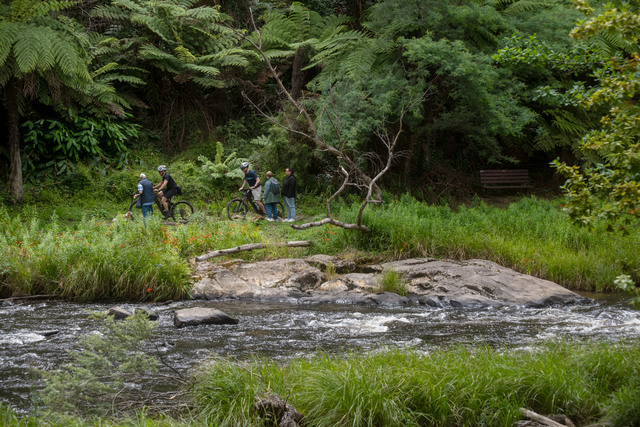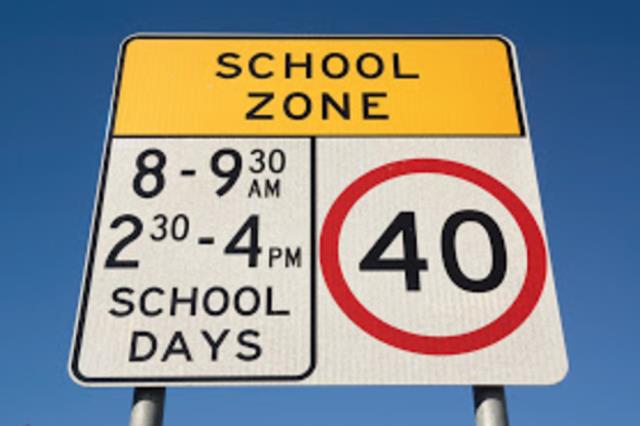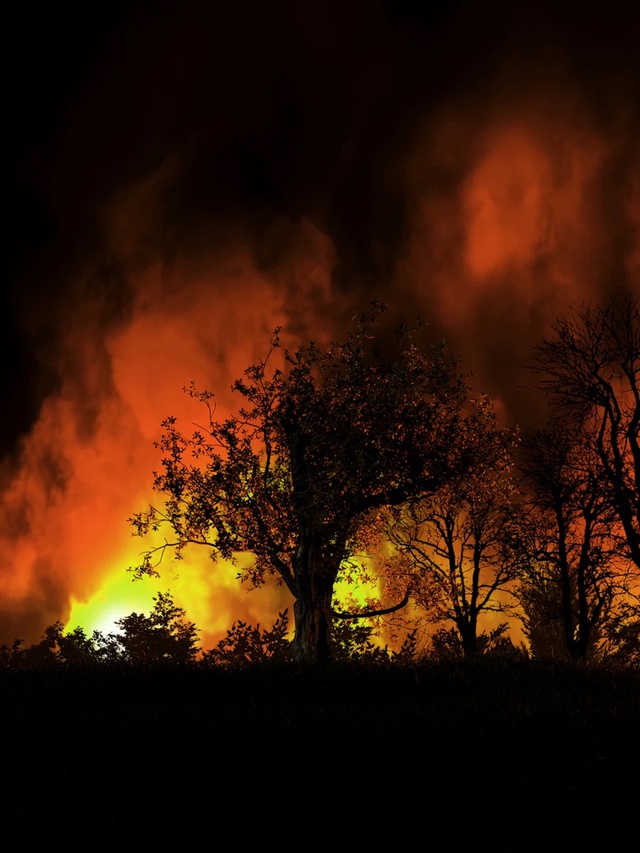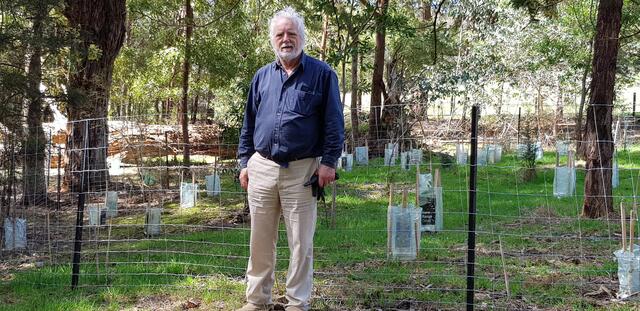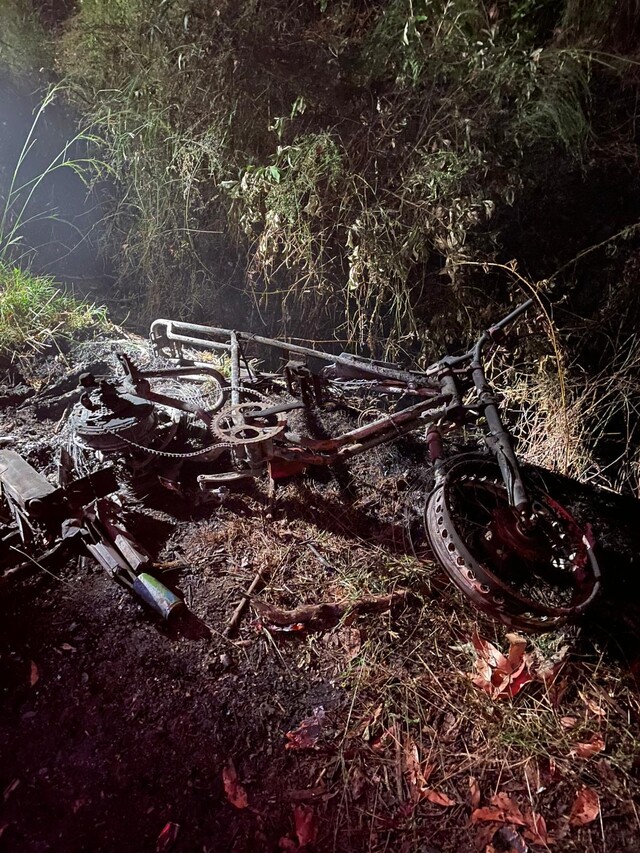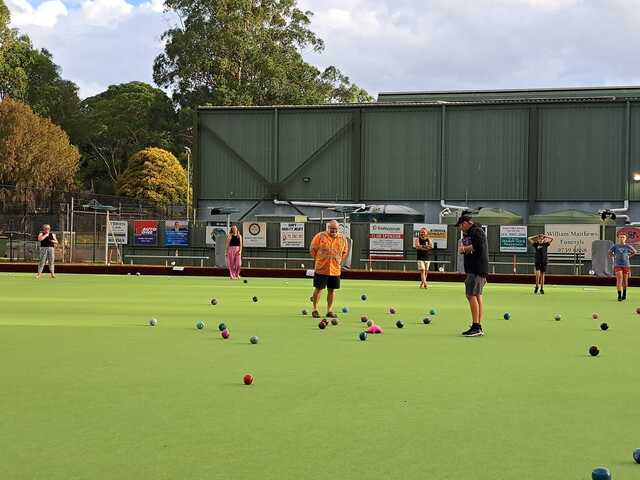In a newspaper article during Queen Elizabeth II’s Diamond Jubilee celebrations, among many other titles she was described as The Head of the Commonwealth.
The Commonwealth, formerly the British Empire, consists of more than 30 countries with an historical attachment to Britain.
Heads of government meet periodically in capital cities of member states and every four years the countries compete in The Commonwealth Games.
In the past, celebrations of Empire Day were a special occasion.
Most Australians would probably find it difficult, and perhaps rather quint, to understand the fervour for the Empire and enthusiasm with which it was celebrated for decades on the 24 May each year, Queen Victoria’s birthday.
At the beginning of the 20th century Australians were overwhelmingly of Anglo Celtic heritage.
Britain was the mother country; even people born in Australia often referred to Britain as home.
So munch of the world atlases were coloured red of the British Empire.
Monarchy was at the apex and its symbol.
Britain had the most powerful navy in the world, it was the world’s foremost trading nation; there was much to be proud of as part of this great Empire.
Heroes were eulogised in books and magazines that extolled patriotism, bravery and duty and which were distributed throughout the British world.
Sport in particular reinforced the message to the far-flung outposts of the Empire and Australians isolated and alone in Asia, were as far as can be flung!
Not surprisingly, then, Australians celebrated Empire Day as enthusiastically as any others in the British Empire.
In Healesville, as in many other small country towns, Empire Day was one of the highlights of the year.
Although details differed over a long period, the general pattern of the day remained much the same; addresses by local dignitaries to the schools, lunch in one of the town’s halls.
Sports in Queens Park, entertainment at the hall followed by dancing until midnight for the adults after the children had gone off to bed.
In 1928 for example, after the usual appropriate address by the Shire President, a sumptuous dinner was held in the Memorial Hall, after which adjournment was made to Queens Park where games were played.
Later everyone returned to the hall to see Robinson Crusoe on the screen.
In the evening, a fancy dress dance was held and the children completed a most enjoyable and entertaining day at 10 o’clock.
A dance for adults continued until closed to midnight.
In later years Boss Christie, dressed as John Bull and carrying a big union Jack looked very grand he led the procession on his fine horse.
The Healesville Brass Band marches and all kinds of dressed up characters and vehicles followed, as well as the assembled school children.
The other usual activities followed which made it a very memorable day.
Empire Day continued until 1960 when it was reported by the more politically correct and appropriate Commonwealth Day.
Now, different parts of the Commonwealth remember it at different times of the year, Australian choosing the second week in March to do so.
But the fervour, patriotism and identification with Commonwealth no longer exists as it did for Empire Day and whichever day is now chosen, there’s no special fun for children and little celebration by adult either.

